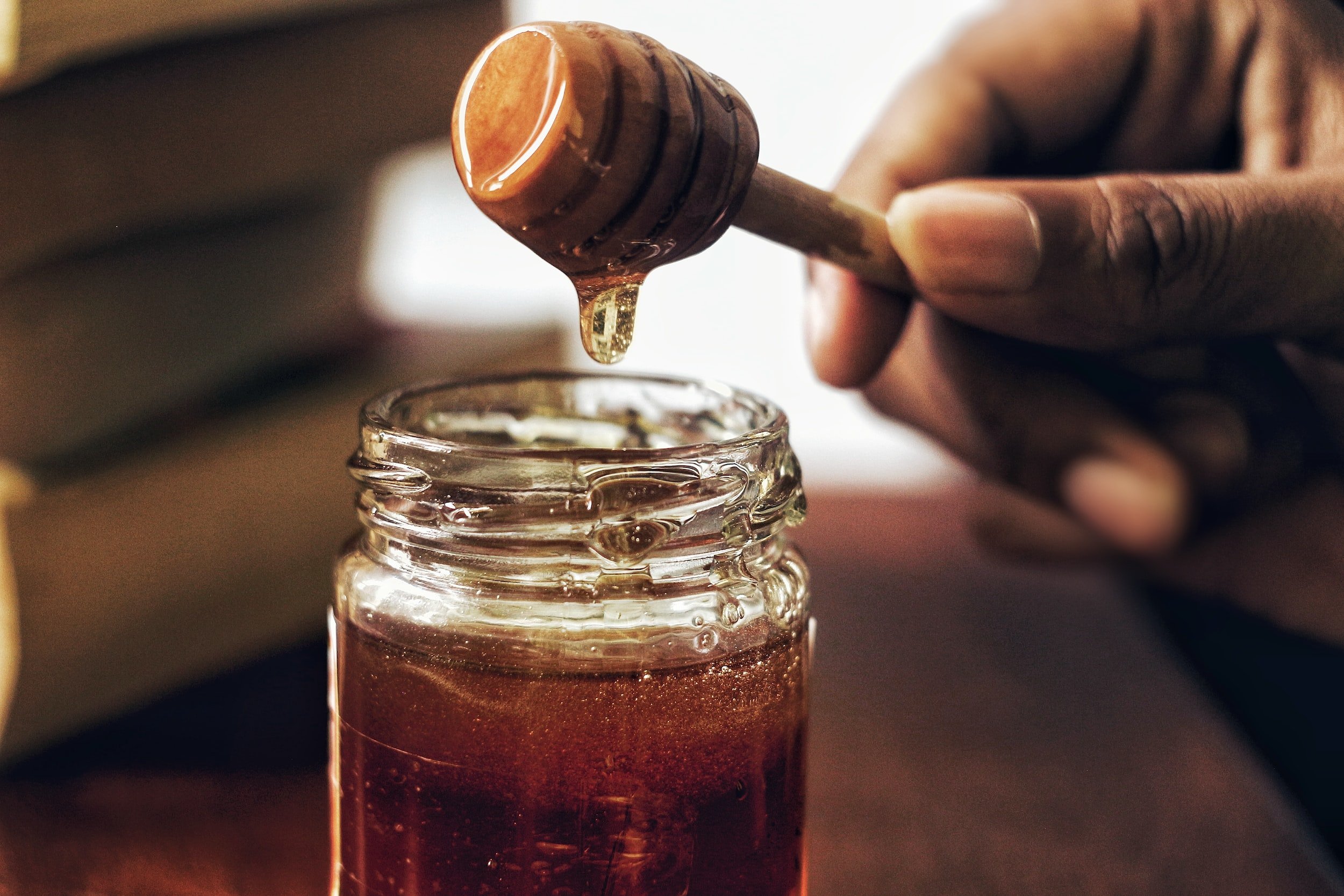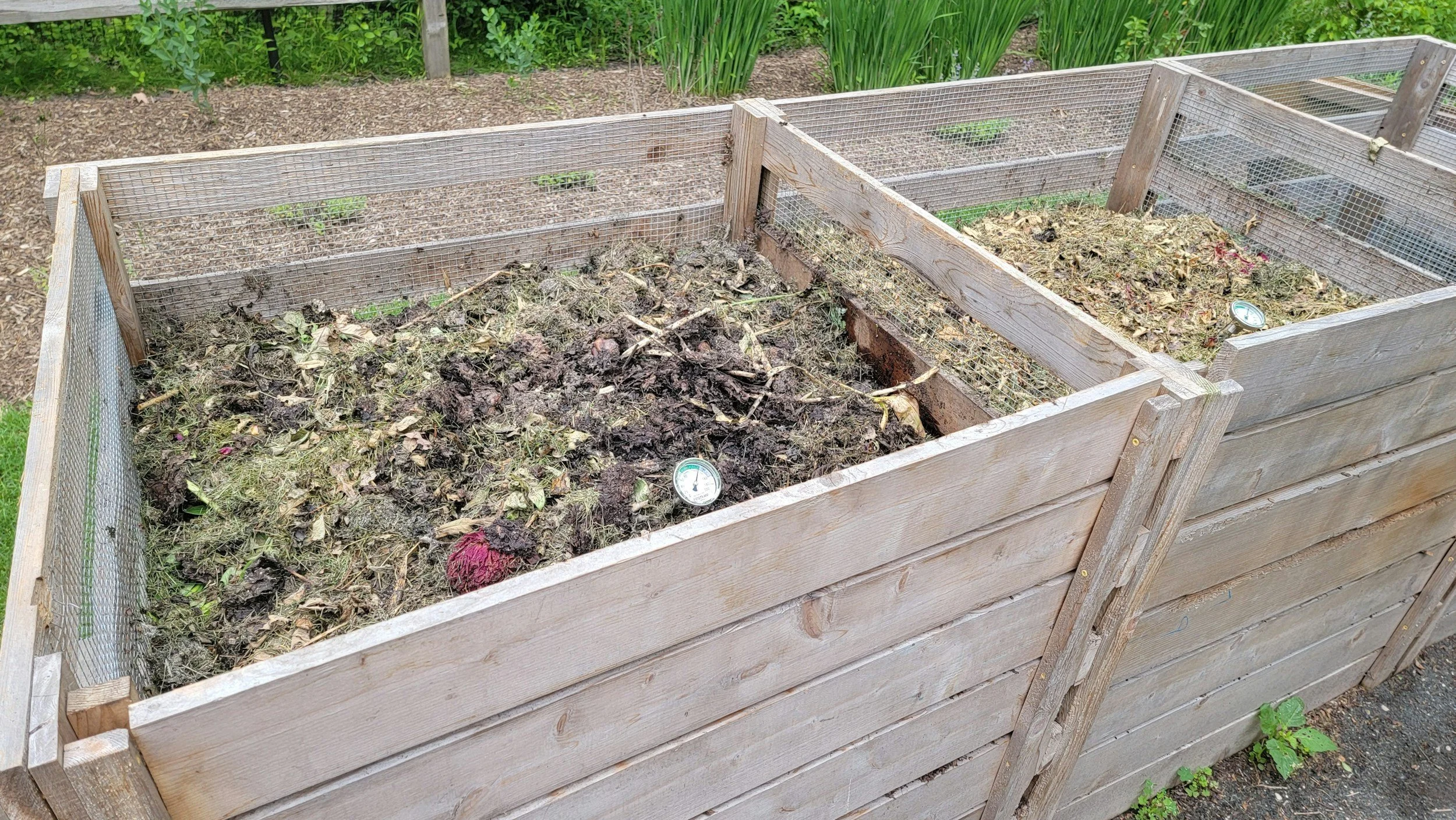Natural remedies for cold and flu
/This year, with COVID, RSV and common cold and flu viruses running rampant, it's more important than ever to protect yourself against illness. While wearing a mask indoors in public places can help, and vaccinations (especially against COVID) can keep you out of the hospital (whether or not you have a pre-existing underlying condition), they may not be enough to keep you from getting sick. If you come down with the cold or flu, there are clinically proven ways to keep it from setting in or, if already set in, from becoming severe.
Cold and flu viruses can be quite hard to avoid. There are too many different types of the virus for you to ever be able to develop complete immunity against them. If your first instinct is to go to the doctor, hold on a minute! If you are sick with a cold or flu, antibiotics won't help you feel better or get rid of these viruses, because they only fight bacterial infections and illnesses; colds and flu are caused by viruses, not bacteria. Even worse, if you take antibiotics for a common cold or flu, you will only make yourself sicker or make your sickness last longer.
So what can do you to avoid getting sick this winter, and what should you do if you do catch a cold or flu virus?
An Ounce of Prevention
The first step in fighting a cold or flu virus is prevention: there are some things that we know work well to prevent colds and flus. The first thing is to get plenty of sleep. Sleep deprivation has been shown to increase your risk of catching a cold by up to 50%! This is because it weakens your immune system, making it harder for your body to fight off viruses. Lack of sleep also makes you feel miserable, which means you're less likely to do anything about it when you actually start feeling ill.
The second thing you can do is drink lots of water. Water helps flush toxins out of your body, keeping you healthier overall. It also keeps mucous membranes moist, which prevents them from drying out and cracking, allowing you to breathe easier. When you're sick, drinking plenty of fluids is even more important, as dehydration can lead to headaches, dizziness, confusion, and other symptoms. Drinking hot liquids is even better, as they warm the body and help ease your discomfort. One thing you can add to hot water to help give your immune system a boost is a teaspoon of apple cider vinegar.
Third, eat healthy foods. A diet rich in fruits and vegetables is an excellent way to boost your immune system. Eating whole grains, beans, nuts, seeds, fish, chicken, eggs, and lean meats all support your immune system. These foods contain antioxidants, vitamins, minerals, fiber, and protein that help strengthen your body's ability to fight off illness.
Fourth, exercise regularly. Exercise boosts your immune system by increasing blood flow to your muscles, which increases oxygen levels in your body. It also improves lung function, helping you breathe easier. Regular exercise also reduces stress, which can weaken your immune system.
Finally, take probiotic supplements to strengthen your "good" intestinal flora. Probiotics are live microorganisms that improve digestion and promote good health. They can be found in yogurt, kefir, kombucha tea, sauerkraut, and miso soup, but taking a good probiotic supplement should also be a part of your daily routine in cold and flu season. Some studies suggest that taking probiotics before and after exposure to a virus may reduce the severity of illness. And many studies have demonstrated that having a healthy, varied microbiota (gastrointestinal microflora) helps keep diseases caused by pathogenic bacteria and viruses at bay. If you don't have enough good bacteria in your gut, you may be vulnerable to minor ailments like cold and the flu, but you could also develop more serious health issues.
If you do get sick anyway...
While these practices will all help you maintain a healthy system, you still may fall sick. If this happens, there are plenty of natural remedies that can ease all of the symptoms of your cold and cough, and one or two that can actively seek out and kill the viruses that are replicating in your body. Here are the top therapies that you should consider for yourself and your family:
Use Honey to Treat a Cough
A cough that only lasts for the duration of your illness is actually performing a specific function. It helps to clear thick mucus out of your breathing passages, carrying germs away from your lungs.
However, coughing can be exhausting, and at times, even painful, which may disrupt your sleeping patterns. If you're looking for something to help ease your cough, honey might be worth trying. Honey -- especially raw, unfiltered honey -- has anti-inflammatory properties, which makes it a great remedy for throats made sore from coughing. In fact, honey has been used for centuries to treat sore throats and coughs. It works by soothing irritated tissues and helping to keep mucus thin and clear.
Bear in mind that honey should never be given to a child younger than one year old. This is due to the increased risk of infant botulism. Individuals older than this, however, should be able to take honey safely.
There are a couple of different ways to take honey. You can mix it in with some tea or hot water. You can also add a little water to a tablespoon or so of honey and make a viscous gargle to ease any pain in your throat.
Drink medicine tea
Anytime a member of my family starts showing the first flu or cold symptoms, I start making "medicine tea." In fact, there are several medicinal herbs that are clinically proven to fight colds and flu, while others can help relieve the symptoms of these ailments. There are a few things to keep in mind about using medicinal her bs, however, as improper use can cause damage to your body's organs, some of it life-threatening!
The most common type of medicine tea that I make at home is a cold and flu-fighting tea that also helps ease coughing and sore throats. For this tea you'll need the dried herbs, which you can find at your local apothecary, herb shop, or online.
I make this tea as a decoction instead of as an infusion. A decoction can be made by boiling herbs in water for about 15-20 minutes, then turning off the flame, covering, and letting them steep for another 10-15 minutes before straining into a teacup. An infusion is made by boiling water, then adding the herbs and letting them steep for 15 minutes to one hour. Infusions can be made cold, too, letting the herbs steep overnight.
For my cold and flu-fighting tea I boil these herbs in about 4 cups of filtered water:
1 1/2 tablespoon black elderberry (sambucus nigra)
1 tablespoon rose hips
1 1/2 tablespoon peppermint leaves
Elderberry is clinically proven to fight cold and flu viruses by interfering with the mechanism that allows the virus to replicate in your body. It also works by increasing cytokines (small proteins important for cell signaling) in the body, which stimulates the body's immune system response to the virus. Rose hips have anti-inflammatory properties and may help ease symptoms of arthritis and osteoarthritis. Peppermint is a decongestant that helps break up mucus and phlegm in the body, easing coughs and sore throats. It also helps with digestion and can help ease body aches and pains.
Use Salt Water for for a Stuffy Nose and Sore Throat
Saltwater is good for cleaning out and moisturizing nasal passages as well as drying out your throat. It has several uses for clearing your cold or flu symptoms.
You can use sea water for various purposes including as a decongestion agent. To get started, add one quarter of a teaspoon of salt to eight ounces of water. Be sure to only use water that has been filtered and boiled. Squeeze the bulb syringes into. your nostrils and let the saline solution drip out. A neti pot or nasal cleansing solution accomplishes the same result by using saline mixed with water to clear out your nasal passages.
You can also gargle with salt added to warm water. Add half a tablespoon of salt to one cup of lukewarm water. Gargle with this mouthwash several times a day. It will help keep your throat moist and may reduce some of the symptoms associated with a sore throat.
Use Steam to Clear Congestion
It can be hard to feel comfortable when your nasal passages are congested. Steam can help here. To steam your nasal cavity, just place a large pot filled with boiling water inside a larger container. Make sure the steam goes into your nostril. Next, lie down over the bowl and cover yourself with a towel, creating a closed space.
Next, inhale the steam deeply. Keep doing this until you no longer feel like your nasal passages are stuffy. If you feel like you're starting to get congested again, then you can use this remedy every time.
You could also use another option: turning on a hot shower. Showering with hot water will have a similar effect to steaming. If you're too weak to take a bath, put a chair next to your tub and breathe in the steam from the water.
Finally, you can purchase a humidifier and sleep with it on. Some humidifiers also have a receptacle that allows you to diffuse menthol or other medicines to clear your nasal passages and make it easier for you to breathe at night. A humidifier can help ease symptoms of a runny nose, too.
Brew Yourself a Cup of Ginger Tea
Ginger tea isn't really made from real tea leaves. Instead, it is prepared by steeping fresh, powdered, or ground ginger in boiling water. It is actually quite simple to make and is an effective cold remedy.
Ginger actually has a lot of health advantages for you if you're sick. It helps boost your immune system, which makes it easier for your body to fight off viruses. Drinking a cup of ginger tea a few times a day can be helpful if you're suffering from a sore throat.
like this? Please pin!
Ginger tea also makes an excellent decongestant and is specifically used to treat respiratory illnesses. Drinking this tea can help to relieve the congestion in your sinuses, but even inhaling its vapors deeply can have a similar effect. It doesn't really matter which one you choose; either way, they both help alleviate your symptoms.
There are so many different types of natural remedies to choose from. All of these remedies are extremely effective at relieving symptoms and making you feel much better. The best thing of all is that there aren't any dangerous side effects to be concerned about!
The next time you or a family member comes down with cold or flu symptoms, try one of these remedies for fast relief or a quick end to your misery. Let us know in the comments which one of these remedies worked best for you, or share your own home remedies if you have any!











































This year, with COVID, RSV and common cold and flu viruses running rampant, it's more important than ever to protect yourself against illness. While wearing a mask indoors in public places can help, and vaccinations (especially against COVID) can keep you out of the hospital (whether or not you have a pre-existing underlying condition), they may not be enough to keep you from getting sick. If you come down with the cold or flu, there are clinically proven ways to keep it from setting in or, if already set in, from becoming severe.